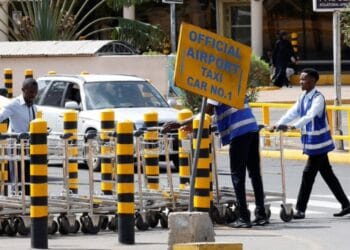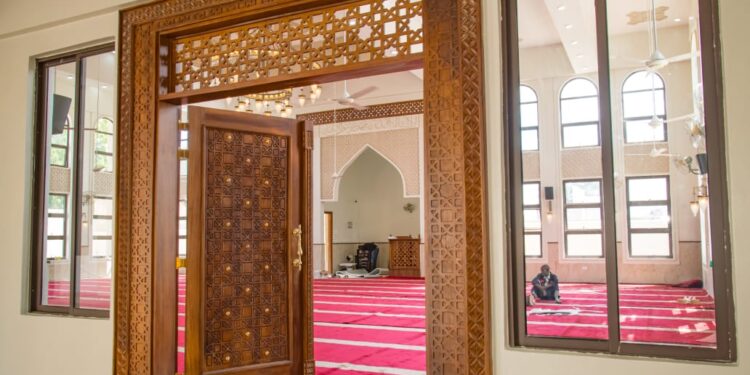In a stark pronouncement that’s ignited debate in Kenya’s northeastern frontier, Garissa Sheikh Adan Kusow has rejected male nurses in Somali births, voicing deep reservations about male medical staff assisting pregnant Somali women during labour and objecting outright to male student trainees observing such intimate procedures.
Speaking at a community forum in Ijara Sub-County on Friday, the influential cleric – whose voice carries weight among Garissa’s conservative Muslim enclaves – laid down a line in the sand: if his own pregnant wife faced labour attended by male nurses instead of female ones, she should simply return home, and should death follow, “she will be buried as per our faith, no questions asked.”
His words, delivered with the quiet thunder of conviction, show a cultural chasm colliding with modern healthcare norms in a region where maternal mortality still claims one in 38 mothers, per a recent WHO report.
Kusow’s stance, rooted in Islamic tenets on modesty and gender segregation, isn’t isolated – it’s a flare-up in Garissa’s ongoing tussle between tradition and triage.
The sheikh, a soft-spoken father of seven with a modest madrasa in Balambala, framed his concerns during a post-Jum’a prayer session attended by over 300 elders and youth.
“Our women bare their souls in that sacred hour; male hands, no matter how skilled, profane it,” he intoned, his keffiyeh framing a face etched by decades of pastoral counsel. He extended the veto to trainees: “Let boys learn from books or male patients – Somali deliveries demand female guardians.”
The forum, organised by the local imams’ council, buzzed with nods from greybeards, but younger voices – doctors’ sons scrolling health apps – muttered about delays in a county where ambulances crawl over rutted tracks and clinics run on solar whim.
This male nurses in Somali births row taps into broader frictions in Kenya’s devolved health maze. Garissa County Hospital, the nerve centre for 1.5 million souls, fields just 12 female midwives against 28 males, a skew blamed on training pipelines favouring urban recruits over nomadic herders’ daughters.
Last year’s audit by the Kenya Medical Practitioners Board flagged a 15% dropout rate among Somali female students, citing early marriages and transport woes.
Kusow’s edict risks amplifying those gaps; one anonymous midwife, her hijab askew after a dawn shift, confided to reporters: “We lose mothers to home births already – fear of strange men? It’s a death sentence wrapped in piety.”
Yet, the sheikh’s allies counter with success stories: Community-led female-only birthing tents in Dadaab refugee camps, funded by UNHCR, boast 20% fewer complications, proving cultural fit can save lives.


















